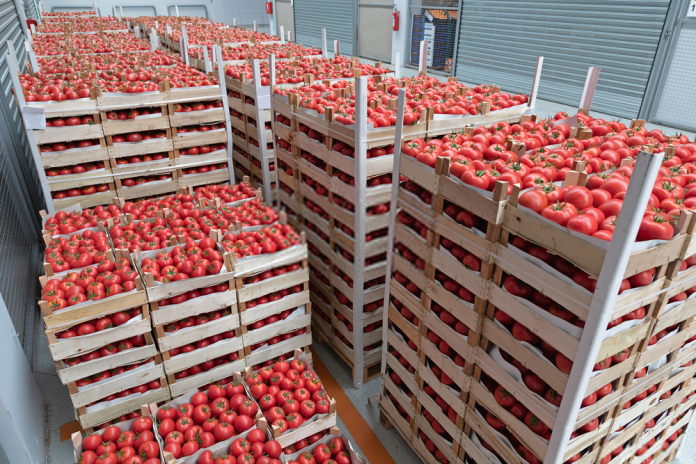An unfavorable business environment, lack of government support, and inadequate knowledge have combined to push Nigeria behind other West African countries in the export of fresh fruits, vegetables, and other agro commodities.
Traders in the sector told SMEDigest that they face numerous challenges in their line of business ranging from harassment and illegal taxes from both state and non-state actors. They also said that no government support has been extended to the sector like others in the Micro, Small and Medium Enterprises, MSMEs, sector, adding that the government does not even know they exist.
It is also noted that most of the traders are not aware of many international standards for such produce in many international markets, especially in Europe and America.
The Senior Project Manager COLEACP, Wester Schepers, has said that Nigeria’s export of fresh fruits and vegetables has dropped since 2016, compared to other ECOWAS countries, the Senior Project Manager COLEACP, Wester Schepers has said.
He spoke during the launch of the fit for market (FFM+) program in Lagos.
As of 2019, Schepers said, Niger and Côte d’Ivoire exported most fresh fruits and vegetables from the sub-region.
He said Niger exports 21 per cent, Côte d’Ivoire 21 per cent, Ghana17 per cent Senegal 16 per cent, Burkina Faso 9 per cent, Mali 5 per cent, Togo 5 per cent and Nigeria 3 percent.
In terms of total agro commodities from ECOWAS countries, Côte d’Ivoire contributed 42 percent, Ghana 18 percent, and Nigeria eight percent.
Others were Senegal seven percent, Niger six percent, Burkina Faso six percent, Benin four percent and Guinea-Bissau three percent, Togo two percent, Guinea two percent, Mali one percent, and Gambia one.
According to him, a very small share of the volume of fruits and vegetables produced is exported from Nigeria.
His words: “This share is decreasing by half, as the production is growing and the level of export reducing. The picture is slightly better if one includes bananas and cashew (0.15 percent in 2019).”
He listed that the major markets for Nigeria for fresh fruits and vegetables to the United Kingdom at 74 percent, the Netherlands at 5 percent, Spain at 11 percent, and Germany 5 percent.

